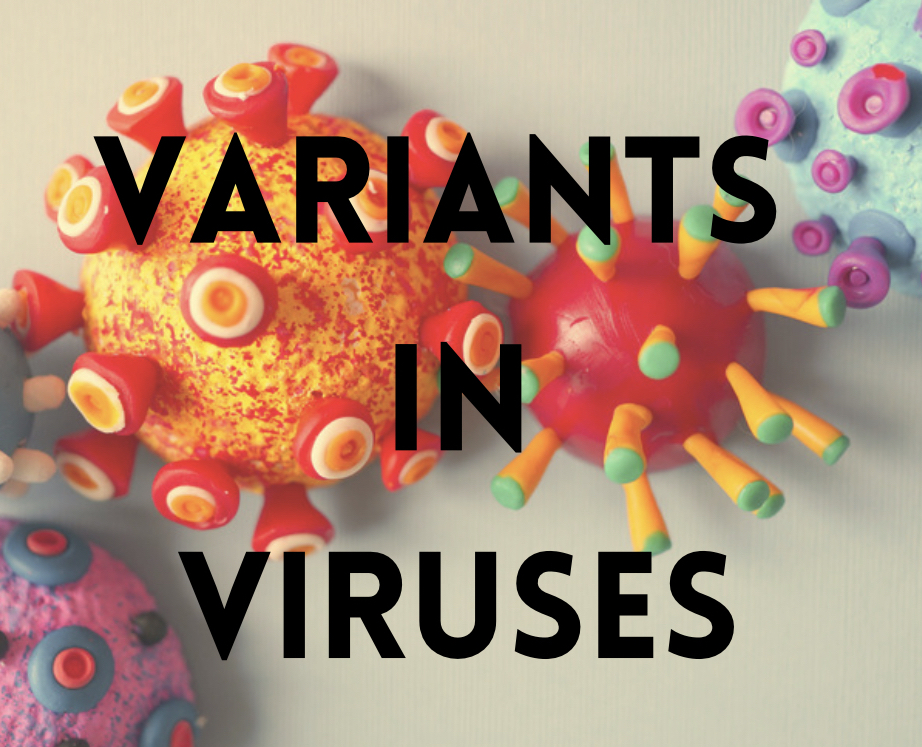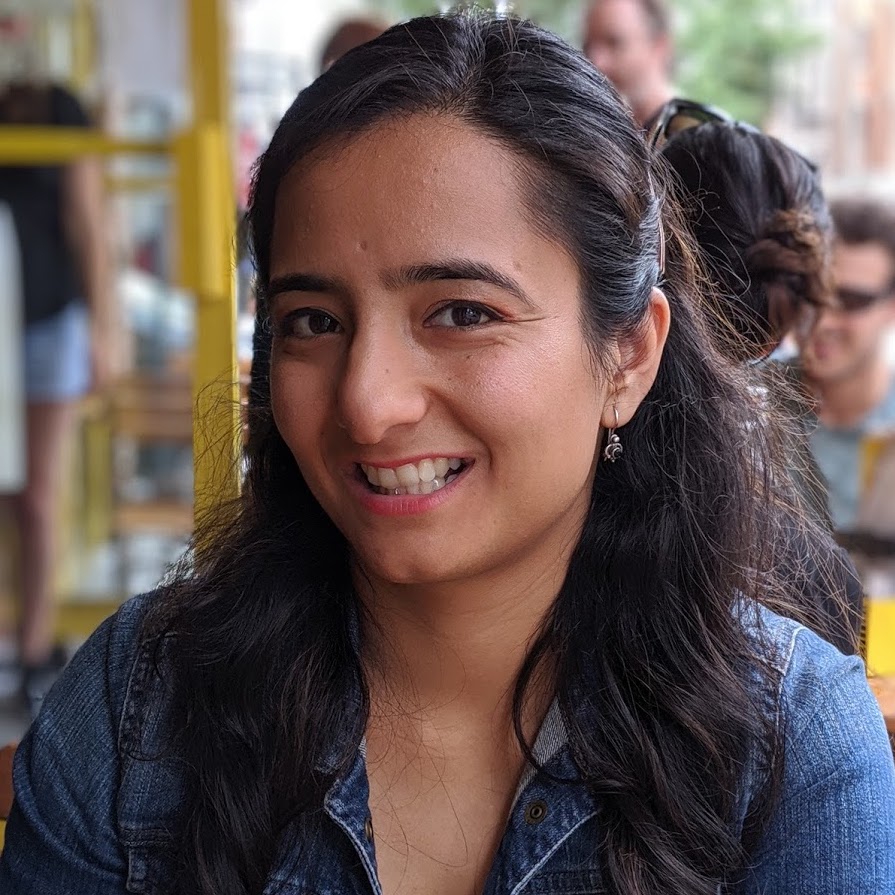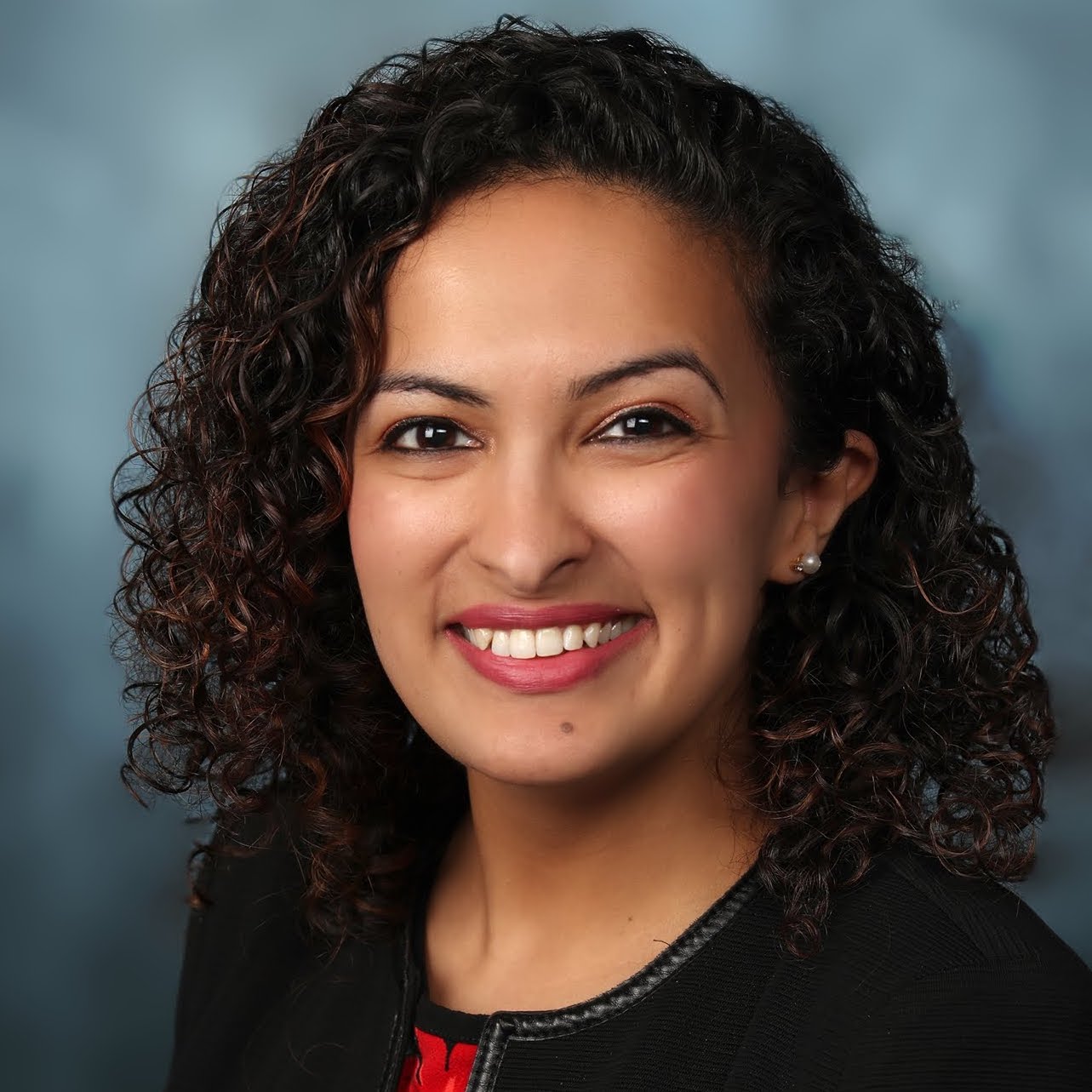S2E5 - Variants in Viruses
Posted on Tuesday, Apr 27, 2021
Show Notes
References
(1) Drake JW, Holland JJ. Mutation rates among RNA viruses. Proc Natl Acad Sci U S A. 1999 Nov 23;96(24):13910-3. doi: 10.1073/pnas.96.24.13910. PMID: 10570172; PMCID: PMC24164.
(2) Rambaut, A., Holmes, E.C., O’Toole, Á. et al. A dynamic nomenclature proposal for SARS-CoV-2 lineages to assist genomic epidemiology. Nat Microbiol 5, 1403–1407 (2020). https://doi.org/10.1038/s41564-020-0770-5
(3) Variants of SARS-CoV-2 https://en.wikipedia.org/wiki/Variants_of_SARS-CoV-2#Nomenclature
(4) Pango lineages https://cov-lineages.org/pango_lineages.html
(5) Taubenberger JK, Morens DM. 1918 Influenza: the mother of all pandemics. Emerg Infect Dis. 2006;12(1):15-22. doi:10.3201/eid1201.050979
Hosts

Arshi Arora
Arshi Arora is a Research Biostatistician at Memorial Sloan Kettering Cancer Center. She holds a double Masters of Science degree in Computational Biology and Biostatistics from Carnegie Mellon and Columbia University respectively. Her interests lie in creating elegant solutions to biological and clinical questions via simple yet compelling statistical models. She is a minimalist and follows an intense recycling waste regimen.

Sabah Kadri, PhD
Dr. Sabah Kadri has a background in Computer Engineering with a PhD in Computational Biology from Carnegie Mellon University. Dr. Kadri leads a team of bioinformaticians and scientists to design, develop and implement cloud-based computational infrastructure and containerized bioinformatics software in clinical diagnostic services for germline and somatic next generation sequencing (NGS) testing. She has experience building clinical diagnostics pipelines and systems for adult and pediatric diseases and continues to work on informatics solutions and research questions for translational ‘omics’ and biomedical research to promote personalized medicine.
